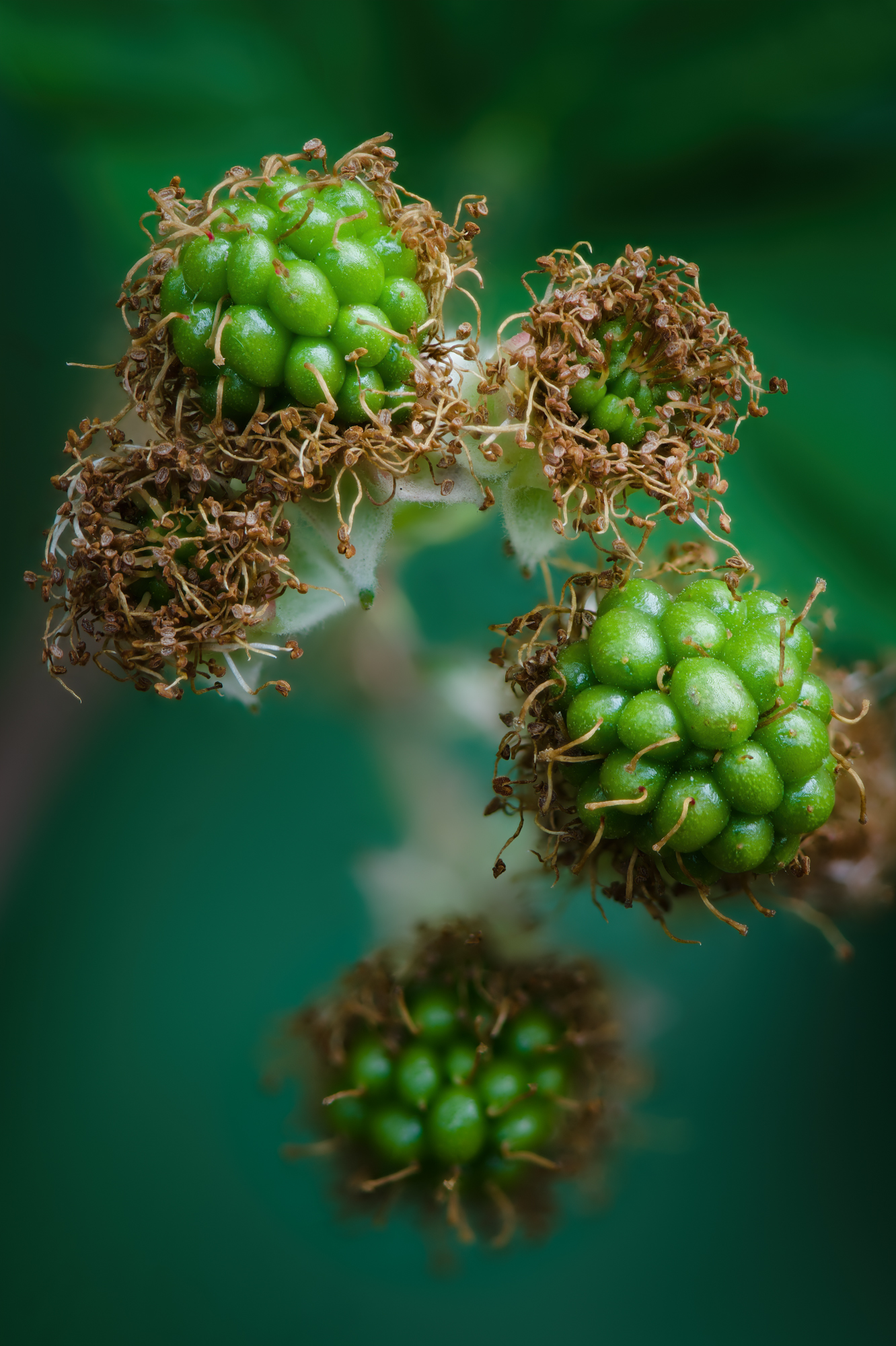Photography
c/photography is a community centered on the practice of amateur and professional photography. You can come here to discuss the gear, the technique and the culture related to the art of photography. You can also share your work, appreciate the others' and constructively critique each others work.
Please, be sure to read the rules before posting.
THE RULES
- Be nice to each other
This Lemmy Community is open to civil, friendly discussion about our common interest, photography. Excessively rude, mean, unfriendly, or hostile conduct is not permitted.
- Keep content on topic
All discussion threads must be photography related such as latest gear or art news, gear acquisition advices, photography related questions, etc...
- No politics or religion
This Lemmy Community is about photography and discussion around photography, not religion or politics.
- No classified ads or job offers
All is in the title. This is a casual discussion community.
- No spam or self-promotion
One post, one photo in the limit of 3 pictures in a 24 hours timespan. Do not flood the community with your pictures. Be patient, select your best work, and enjoy.
-
If you want contructive critiques, use [Critique Wanted] in your title.
-
Flair NSFW posts (nudity, gore, ...)
-
Do not share your portfolio (instagram, flickr, or else...)
The aim of this community is to invite everyone to discuss around your photography. If you drop everything with one link, this become pointless. Portfolio posts will be deleted. You can however share your portfolio link in the comment section if another member wants to see more of your work.
view the rest of the comments

So this can’t be just a wide-aperture picture because it’s a macro shot? In that case something this small would have a shallower DOF? I’m not a novice, but I’m definitely not a pro.
I am in the same boat, not a pro, so my explanation may not be the best:
It's more to do with the fact that when you are taking macro shots you are generally very close to your subject, and unless it is a very thin object on a single plane parallel to your lens, you often really have to stop down to get the entire subject in focus (like f/8 - f/11). If you are shooting at f/2.8 you might only get a single petal on your flower in focus.
So if you see a shot of a small object with some depth to it, which is entirely in sharp focus, but then you have a super creamy bokeh on objects that are only a couple inches further away, there is a good chance that it was achieved using a wider aperture and stacking the in-focus bits of several shots. That's what I look for, anyway.
Hope that helps. B&H has good articles on DOF in macro photography and focus stacking that explain it better than I can!
I really appreciate that! I’ll read those links! Just two things: you mean “narrower” aperture right? And also, this stacking is done in post production right? Because I know I have a focus stacking option in my camera but I’ve yet to use it and I was wondering if it’s for the same purpose.
Edit: I may be a little confused about what you mean when you say narrower aperture. When you focus stack, you will be using a relatively wide(r) aperture, if you are not, you will need a somewhat narrow(er) aperture to get sharper focus.
Focus stacking is usually done in post. The option in your camera will most likely just take a series of photos with the focal point changing slightly every time, and you can stitch those together later. Photoshop will do it automatically, or you can do it yourself with masking on different layers.
There are some cameras that will do the stitching for you. I know the OM-1 (the camera I generally use) does this, and probably other models. I tend not to use it though since it saves the end result as a jpg and I prefer to process my own images from RAW.
Yeah, you're right I messed up again. You use multiple, wide aperture shots to capture multiple shallow DOF pictures, and then stack the in-focus planes of each picture into one, creating a deeper DOF. Of course lol, sorry for the confusion.
Thank you for the great info! I'm learning a lot!
You got it! You're welcome, I am still learning a lot myself. 😄